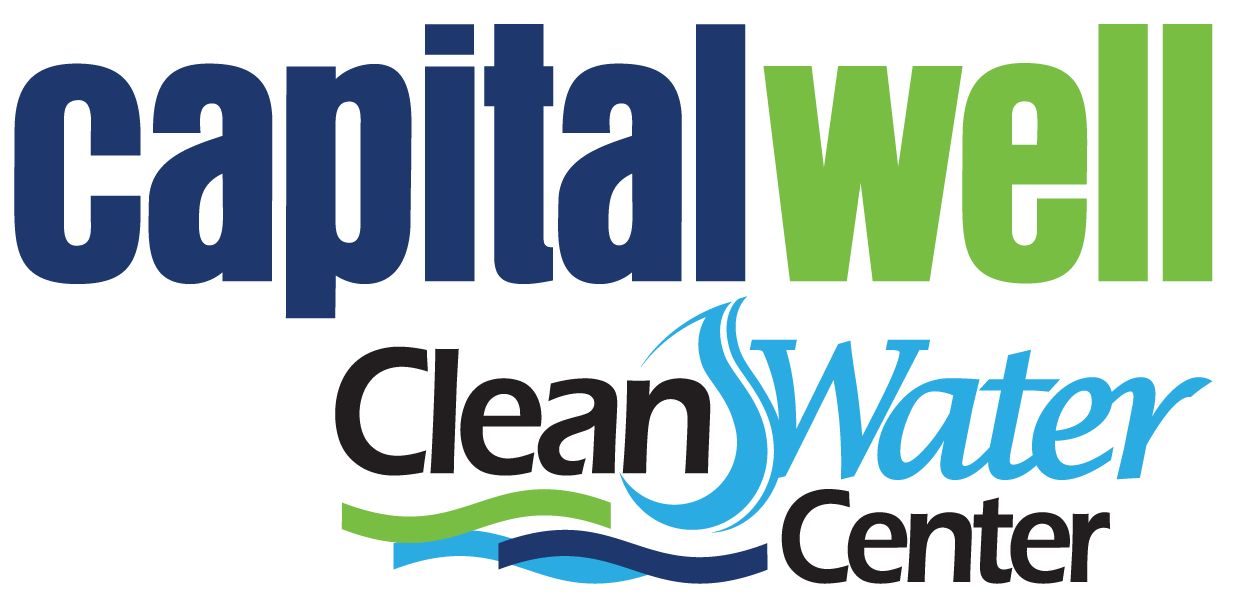
Water is perhaps the most important resource across the globe. In the U.S., every American uses 88 gallons of water each day inside their home. Additionally, more than 15 million households rely on private wells for their drinking water across the United States.
Because water is such an integral part of human existence, it’s essential that it is as clean and safe as possible — that’s where water testing comes into play. Here are some frequently asked questions pertaining to water testing:
- Why is water tested? — Testing may be perfumed to evaluate ambient or environmental water quality, suitability of water for industrial uses, finished and raw water quality, and to identify polluted wastewater (both domestic sewage and industrial waste).
- How often should water be tested? — You won’t be doing any harm to your water supply if you get it tested frequently, but annual water testing is recommended. However, if you suspect your water supply has been compromised through radon exposure or other issues, have it tested right away.
- Clear vs clean water: what’s the difference? — Clear water might look nice, but it doesn’t always mean it’s clean. Clear water can actually have plenty of dangerous bacteria within and be quite unhealthy to consume. Professional water testers can check and determine whether or not your water supply is both clear and clean.
- How often is water wasted? — Whether water is clean or not, wasting it is extremely common and can lead to all sorts of issues. Simply allowing your faucet to run for a total of 5 minutes while washing the dishes can actually waste 10 gallons of water and uses enough energy to light a 60 watt light bulb for 18 hours straight. In total, residential water leaks waste about 900 billion gallons of water every year.
- Are there a lot of private water wells in New Hampshire? — There sure are. Roughly 36% of NH residents get their drinking water from private wells. Plus, there are about 4,700 new water wells that are built each year across the state.
If you want to learn more about the importance of water testing, contact Capital Well Clean Water Center right away.
